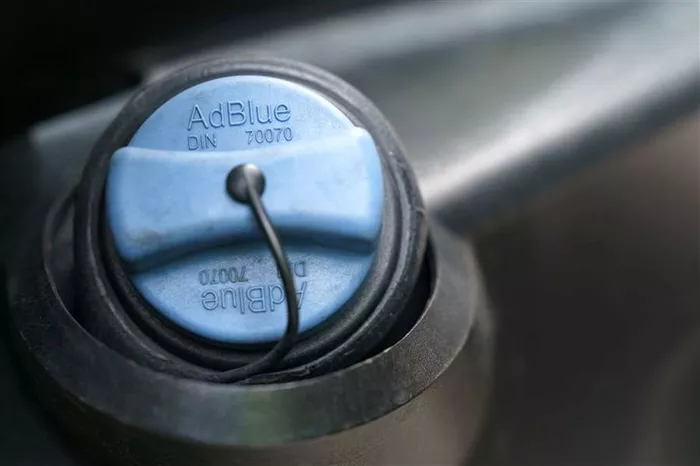The European transport and crane association ESTA has raised alarms regarding engine faults believed to be linked to AdBlue diesel exhaust fluid (DEF) among heavy transport and lifting industry professionals. Recent research from ESTA highlights a troubling correlation between the use of AdBlue and a significant number of diesel engine breakdowns, an issue that has reportedly persisted for several months.
AdBlue DEF is utilized in the selective catalytic reduction (SCR) process to mitigate nitrogen oxides (NOx) emissions. Comprising a blend of water and urea, the fluid is injected into diesel engine exhaust, where it reacts with NOx, breaking it down into harmless nitrogen and water vapor. However, ESTA warns that if the DEF system fails, it could lead to a loss of engine power or, in severe cases, engine shutdown—circumstances that pose significant safety risks.
Rising Breakdown Reports
ESTA has received informal reports from crane rental companies indicating that DEF-related issues may account for up to a third of all on-road breakdowns. This concern was further emphasized during a recent meeting between ESTA members and representatives from crane manufacturers, facilitated by the European Materials Handling Federation (FEM).
To address these growing concerns, ESTA is actively encouraging its members to report any DEF-related problems encountered in mobile cranes and self-propelled modular transporters (SPMT). The association aims to fully assess the extent of the problem and has collected feedback from 55 companies across ten countries, with the majority of reports originating from France, the Netherlands, and the UK. Issues primarily involve wheeled mobile cranes, crawler cranes, trucks, and SPMTs, with nearly half of the reported breakdowns posing safety concerns. Some companies disclosed experiencing multiple incidents over the past two years, with three companies documenting over 20 incidents each.
“This is a serious issue with considerable safety implications—and it needs to be addressed as a matter of urgency,” stated Ton Klijn, ESTA director. “We will continue gathering information and consult with members of the joint ESTA and FEM European Regulations Workgroup to determine the next steps.”
Potential Temporary Solutions
One potential solution identified by ESTA involves a temporary override system programmed by engine manufacturers, allowing engines to operate at full power for a limited duration despite DEF system malfunctions. However, ESTA acknowledges that manufacturers may hesitate to invest in redesigning diesel engines, particularly with the industry’s shift towards electric power and alternative fuels.
Wynn’s, a global provider of specialty vehicle chemicals, cautioned that AdBlue can crystallize in low temperatures, obstructing the delivery system within vehicles. Reports from the company indicate that crystal formation has been observed in AdBlue tanks, lines, and pumps, although additives are available to help mitigate this issue.
Moreover, UK tank manufacturer Tuffa Tanks noted in an April 2022 blog post that equipment operators can prevent AdBlue crystallization by sourcing DEF from reputable suppliers and ensuring proper storage conditions, ideally in a warm garage or facility. AdBlue typically freezes at temperatures below 14°F (-10°C), rendering it non-injectable and potentially causing expansion that could lead to temporary or permanent damage within the system. Tuffa further advised maintaining a high level of AdBlue in the vehicle’s onboard storage tank to insulate the solution and prevent freezing.
Related topics:
- Cummins Launches Eclipse CANought: A Game-Changer in Open Telematics
- Norsk Hydro Unveils Ambitious 84GWh Pumped Storage Project in Norway
- Inyanga Marine Energy Group Achieves Major Milestone with HydroWing Tidal Turbine

